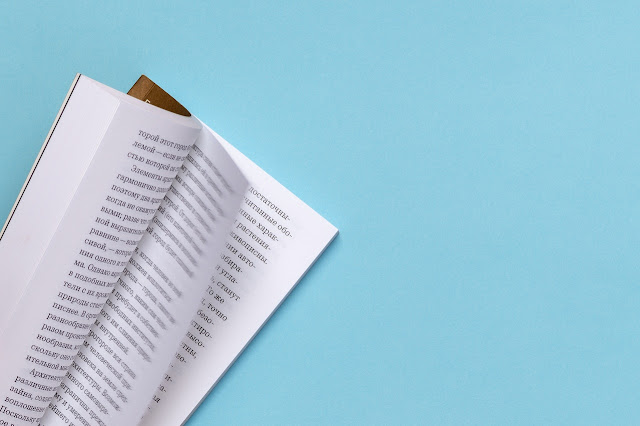When you first hear the language, you acquaint with sounds. And sounds in Russian are denoted by the letters.
How many letters we already know from the article "Russian alphabet".
The exact number of sounds can not be counted, but you can learn how to pronounce Russian letters correctly.
Pronounce sounds, understand sounds, listen sounds ...
First, let's look at the pronunciation of vowels:
The letter Е е under the stress is pronounced as [je] or [e], and in unstressed position as [i] - се́мь [sе́m'] и семья́ [sim'jа́].
After the letters Ж ж, Ш ш, Ц ц the letter Е е is pronounced as [y] - жена́ [zhynа́], цена́ [cynа́].
The letters А а and Я я after soft consonants in unstressed position are pronounced as [i] - часы́ [chisу́] или тяжёлый [tizhо́lyi].
And the vowel И и is pronounced as [y] after Ж ж, Ш ш, Ц ц - живу́ [zhyvú], широ́кий [shyrо́kii] -or in the beginning of the word after preposition - дом и сад [dom y sad].
We should mention that the letter Ё ё is always stressed.
Consonants and their sounds:
And if the paired voiceless consonants stands before voiced consonants, they change the sound to voiced ones - вокза́л [vogzа́l], сде́лать [zdе́lat'].
Combination of the letters -чт- is pronounced as [sht] - что [shto].
In some combinations of consonants not all letters are pronounced. Usually this happens when there are three or four consonants and in these cases only a part of the consonants are pronounced. As in the cases - счастливый [sh':asl'ivyi], сердце [serc:e], праздник [prazn'ik], здравствуйте [zdrastvujt'e] или солнце [sonc:e].
First, let's look at the pronunciation of vowels:
- А а [a] (like ar in “far”) ма́ма, парк
- О о [o] (like or in “port”) кот, нос
- У у [u] (like oo in “moon”) у́тро, ум
- Э э [e] (like e in “bet”) э́то, э́кспорт
- ы [y] (like i in “kick”) мы, вы
- И и [i] (like ee in “meet”) тигр, мир
We should write that in Russian language the stress (highlight one of the syllables in the word) is very important for correct pronounciation.So, for example, the letter О о in stressed position is pronounced as [o], and in unstressed position it will be similar to the sound [a] - пока́ [pakа́], and it is not the same as in the word ко́мната [kо́mnata].
After the letters Ж ж, Ш ш, Ц ц the letter Е е is pronounced as [y] - жена́ [zhynа́], цена́ [cynа́].
The letters А а and Я я after soft consonants in unstressed position are pronounced as [i] - часы́ [chisу́] или тяжёлый [tizhо́lyi].
And the vowel И и is pronounced as [y] after Ж ж, Ш ш, Ц ц - живу́ [zhyvú], широ́кий [shyrо́kii] -or in the beginning of the word after preposition - дом и сад [dom y sad].
- Я я [ja] или [a] (like yar in “yard”) я́хта, моя́, мя́со
- Ё ё [jo] или [o] (like yo in “your”) ёлка, моё, лёд
- Е е [je] или [e] (like ye in “yet”) е́сли, пое́хать, те́ма
- Ю ю [ju] или [u] (like you in “youth”) ю́мор, пою́т, лю́ди
We should mention that the letter Ё ё is always stressed.
Consonants and their sounds:
- Б б [b] (like b in “but”) банк
- П п [p] (like p in “spoon”) парк
- В в [v] (like v in “voice”) ва́за
- Ф ф [f] (like f in “foot”) факт
- Г г [g] (like g in “get”) газ
- К к [k] (like k in “skate”) кот
- Д д [d] (like d in “day”) дом
- Т т [t] (like t in “tie”) тон
- Ж ж [ʒ] (like s in “pleasure”) жаке́т
- Ш ш [sh] (like sh in “shell”) ша́пка
- З з [z] (like z in “zone”) зонт
- С с [s] (like s in “smoke”) сок
And if the paired voiceless consonants stands before voiced consonants, they change the sound to voiced ones - вокза́л [vogzа́l], сде́лать [zdе́lat'].
- Л л [l] (like l in “look”) ла́мпа
- М м [m] (like m in “may”) ма́ма
- Н н [n] (like n in “not”) нет
- Р р [r] (like r un “rock”) рок
- Х х [h] (like h in “hurry”) ха́кер
- Ц ц [ts] (like ts in “boots”) цирк
- Ч ч [ch] (like ch in “chair”) чай
- Щ щ [shch] (like sh ch in “Danish charter”) щено́к
- Й й [j] (like y in “boy”) йо́га
Some combinations of consonants are not always pronounced as they are written. So,for example, -сч-, -зч- and -жч- are pronounced as [sh':] - сча́стье [sh':а́st'e], мужчи́на [mush':ína], and -тц-, -дц-, -тс- and -дц- are pronounced as [c:] - двена́дцать [dv'inа́c:at'] или начина́ться [nachinac:а́].
In some combinations of consonants not all letters are pronounced. Usually this happens when there are three or four consonants and in these cases only a part of the consonants are pronounced. As in the cases - счастливый [sh':asl'ivyi], сердце [serc:e], праздник [prazn'ik], здравствуйте [zdrastvujt'e] или солнце [sonc:e].
👉
Russian


No comments:
Post a Comment